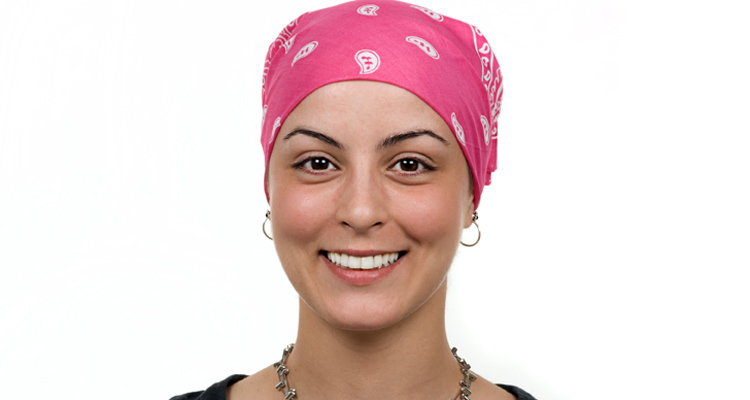When a doctor tells a woman she has breast cancer, her first thought may be “Why me?” But often her second thought is “I will beat this.” And for 2.6 million women who have defeated cancer and are living life to the fullest, they were right.
Deaths from breast cancer have decreased every year since 1990 and with the ever-growing list of treatment options, it’s important to discuss with your doctor every option available to you and then choose the path that is best suited for you.
The normal courses of action may include some combination of: surgery to remove the cancer, radiation treatment, or chemotherapy treatment. Radiation treatment uses a powerful x-ray to shrink a tumor before surgery or reduce the chance of cancer returning after surgery, or in place of surgery. The goal of radiation is to stop cancer cells from multiplying while sparing as much healthy tissue as possible. Chemotherapy treatment uses drugs, or chemicals, to kill rapidly dividing cells. It kills both cancer cells and healthy cells. The goal is to kill more cancer cells than healthy cells. Typically this is given intravenously. A tiny catheter is inserted into a vein, usually in the hand or lower arm, and removed at the end of the session. There is an upswing in the use of pills to deliver the chemotherapy and there are various other delivery systems a doctor may employ.
Danville Regional Medical Center has a state-of-the-art radiation oncology center, a leading chemotherapy unit, and on-staff surgeons. No matter where you receive your initial treatment for cancer, you can undergo your radiation or chemotherapy regimens close to your home and family and in many cases you can continue going to work with minimal interruption. Dr. Peter Leider who is a radiation oncologist at Danville Regional’s Center for Radiation Oncology says, “We have all of the newest, cutting edge equipment, like onboard imaging, to precisely target tumors on a daily basis.”
Surgery – Surgery is often the first line of attack against cancer. A lumpectomy is where only the tumor is removed and the breast tissue remains. A mastectomy is the removal of all of the breast tissue. Dr. Aaron Haigh who is a surgeon and the newest member of Danville Regional Medical Center’s team says, “There are many different surgical treatment options. It’s vital to understand the personality of the cancer, and the life goals of the patient, in order to choose the absolute best course of action.”
Radiation Therapy – Patients often have misconceptions about radiation therapy. “People think it makes you sick and throw up. In reality, most treatments are provided in an out-patient setting with the patient able to drive themselves to and from treatment. By doing the treatments locally, we help minimize the upheaval in a patient’s daily life,” Dr. Leider says. In fact over a normal, five-week, 25-treatment program, the major side effect experienced by most people in the first three weeks is that of feeling tired. A couple of weeks after treatment ends, the patient usually starts feeling better. “Since radiation treatments are localized, the side effects are usually limited to the region being treated.”
Chemotherapy – Chemotherapy, on the other hand isn’t a localized treatment, so the side effects will likely be more visible throughout the body. But, it isn’t at all like the movies make it seem. Dr. Veshana Ramiah who is a medical oncologist at Danville Oncology and Hematology says, “The reality is that 9 of 10 patients tell me the same thing. Nausea and vomiting and being sick all the time are no longer parts of chemotherapy. We are very good at managing these kinds of side effects and the quality of daily living is a high priority.”
For doctors like Dr. Haigh, Dr. Brotherton, Dr. Ramiah, and Dr. Leider, treating cancer patients is a calling. “I love my job. I think it’s really a privilege that we are able to help patients through such a personal and often terrifying journey and give them hope and help them heal. I feel like I’m making a difference,” Dr. Ramiah says. “The people I’ve trained with and others in this field all have similar attitudes. It’s something sacred.”
Local Resources: Danville Regional Center for Radiation Oncology and Danville Oncology and Hematology treat patients and coordinate care with their surgeons and other healthcare providers. You can contact Danville Regional Center for Radiation Oncology at 434.799.4592 and Danville Oncology and Hematology at 434.799.0044.
